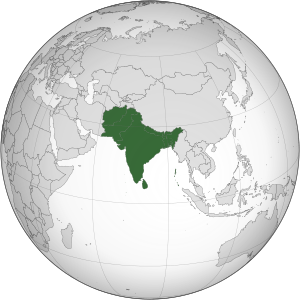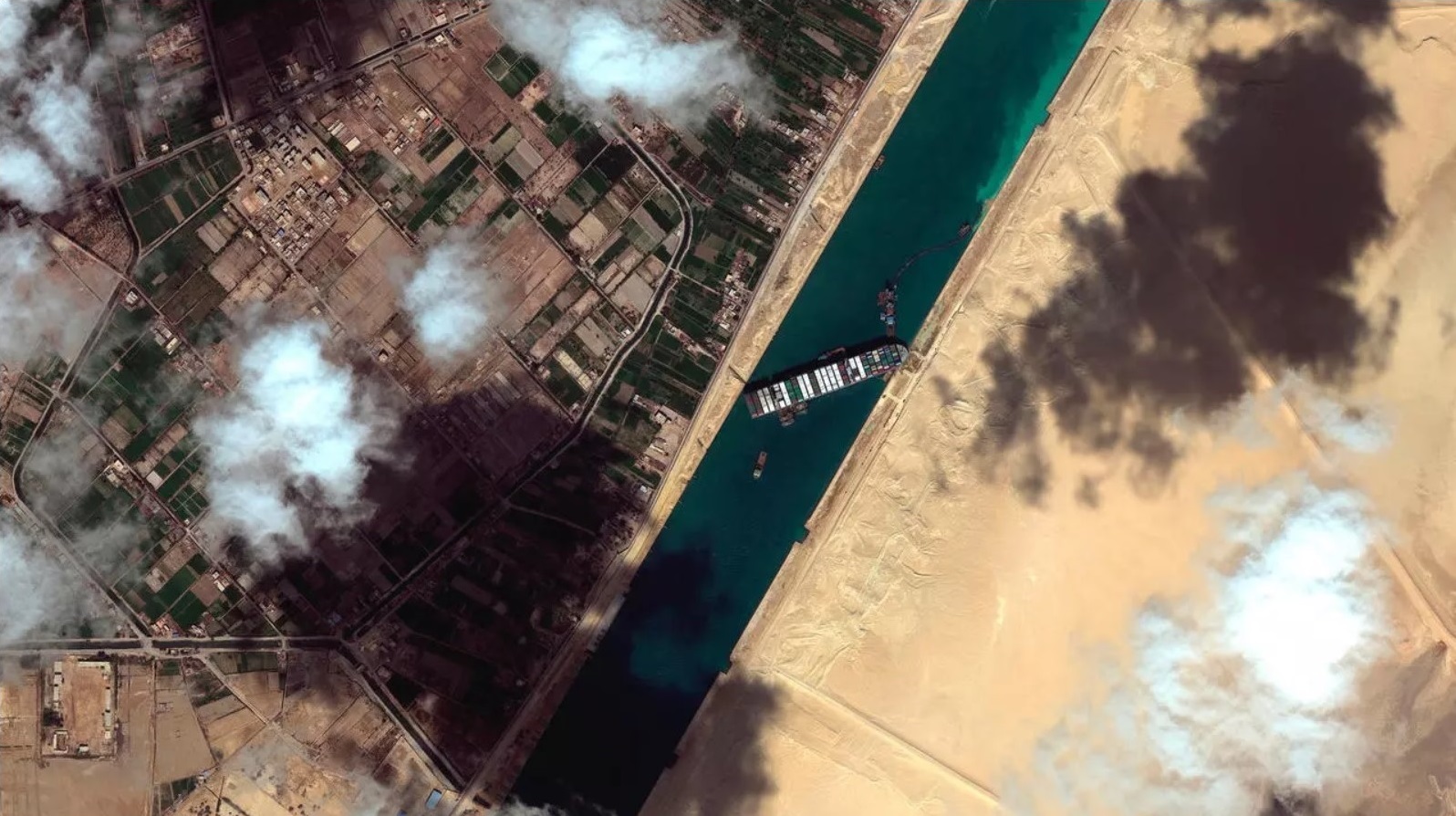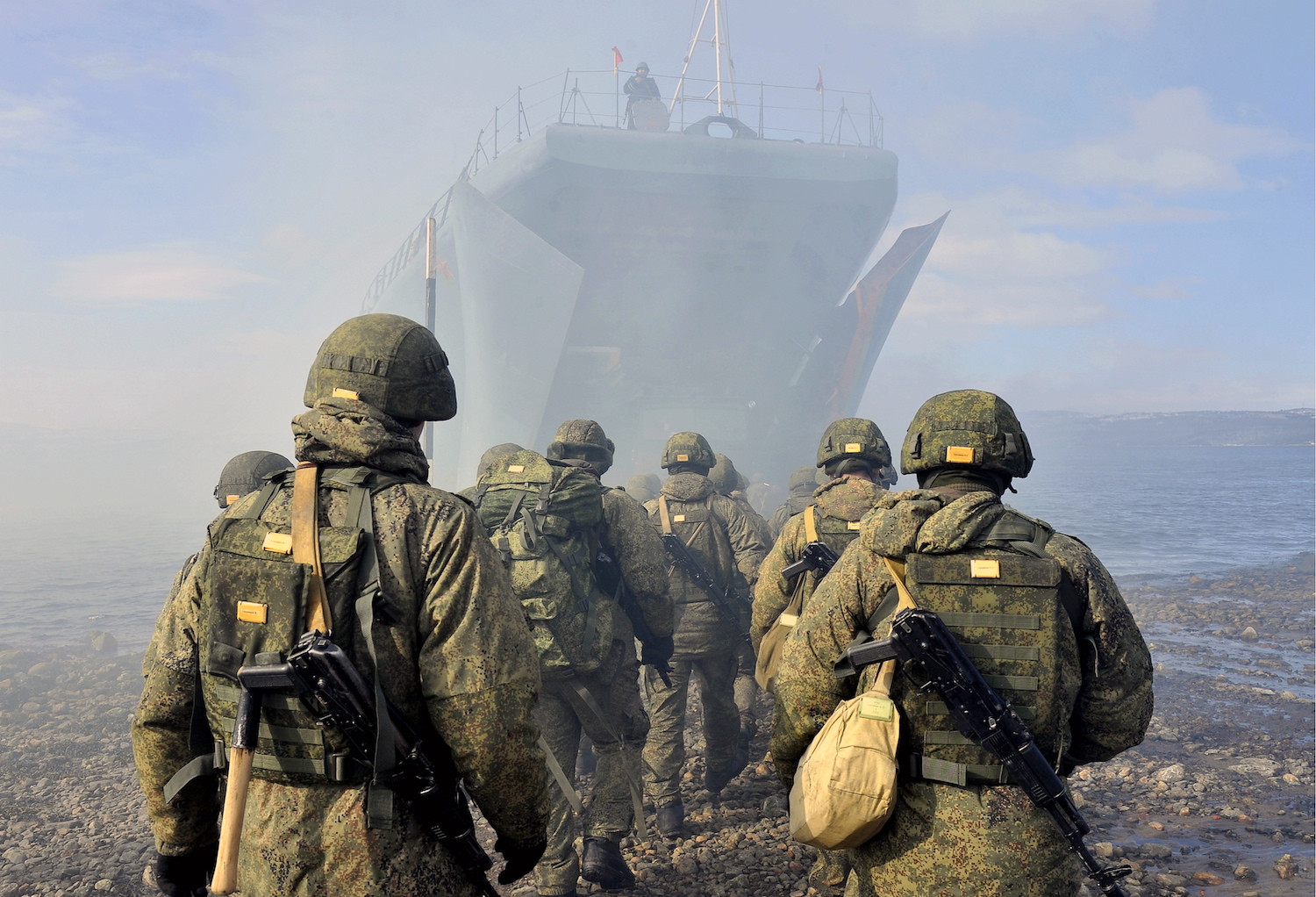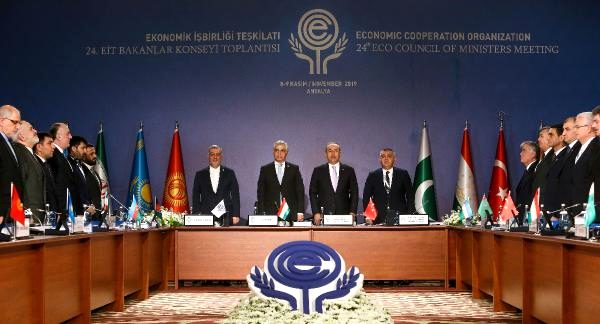
Even though today the South Asia region is considered as one of the most significant regions in terms of production and economy, the region also attracts attention with regards to conflicts that it harbors. In this context, the Kashmir Conflict between Pakistan and India, which is also related to China to a certain point, is the most important conflict in the region.
The Kashmir Conflict, which has been the major obstacle to establish stability, peace and prosperity in the region since 1947, led Pakistan and India to fight against each other for four times.
The reflections of the Kashmir Conflict and the disputes triggered by this conflict can be seen today, as well. As India revoked the Article 370 of its constitution, which identified the legal status of Kashmir, in the last August, the issue once again flamed. In addition to this, the recent amendments in Indian Citizenship Law, which includes discriminatory articles, and the increasing assaults against Muslims in India have strained the tensions between two countries.
It is also observed that the increasing tensions between Pakistan and India, which have especially nuclear armament capacity, is leading to the formation of different alliances in international arena.
Rapprochement Between India - the US
The first significant example of rapprochement, in this respect, is the bilateral relations of India and the US. The recent reciprocal visits of the heads of states of the two countries are of great importance. Firstly, the visit of Indian Prime Minister Modi in September 2019 and later the visit of the US President Trump in the last February are important in order to identify the level reached in the bilateral relations. Thus, in both meetings the leaders underlined that the bilateral relations have been at the highest levels[1].
In the meantime, the arm deal, which was concluded during the visit of Trump, is also a clear manifestation of the momentum gained in bilateral relations. Pursuant to this agreement, the parties agreed that India will buy American helicopters and other high tech equipments which worth 3 billion USD in total[2].
All of these developments reveal the improvement in the bilateral relations of India and the US especially when the Prime Minister Modi’s prohibition to entry to the US from 2002 to 2014 is taken into account.
The rapprochement between Pakistan’s arch rival, India, and the US is certainly discomforting Pakistan which has been considered as an important ally of the US in South Asia since the Cold War. However, the statements of the US administration have still set forth the importance of Pakistan in the region and, in a way, tried to compensate the negative outcomes of their rapprochement with India in the eyes of Pakistan[3].
On the other hand, it should be noted that India and the US are also challenged by undeniable trade disputes. Especially the tariff implementations of India which might violate its commitments in the World Trade Organization cause hesitations in the eyes of the US. Moreover, despite the current high level reciprocal visits and the statements of the leaders, the parties have not agreed on not only “Free Trade Agreement” but also even single trade agreement, yet[4].
The Developments in Turkey-Pakistan-China Axis
It will be wrong to evaluate the developing relations of the US with India by not considering the activities of Pakistan and its developing relations with other countries in the region. In this framework, the relations between Pakistan and China, which is the arch rival of the US especially in the fields of economy and trade, is the prominent justification of the above mentioned statement.
The most concrete example of the developed relations between Pakistan and China is the “China-Pakistan Economic Corridor”. The project, which is officialized in 2015, consists of highways, railways, crude oil and natural gas pipelines, oil refineries and harbor constructions and aims at establishing short and cheap transportation from China to Africa and Middle East[5]. It is an important development that our country is also invited to this project by Pakistan[6].
In the meantime, while Pakistan supports the Belt and Road Initiative of China, India has a distant approach towards this initiative which can be described as an obligatory element that paves the way for the US to have close relations with India.
In this respect, Turkey is closely following the developments in the region, as well. In the scope of our foreign policy objectives, the development of our relations with every region is of utmost importance. In the context of our relations with the region, our bilateral relations with Pakistan have always been special. The relations with Pakistan, which are supported by the strong historical and cultural ties, are always shaped at high levels.
In addition, the economic, trade and humanitarian potential of the region has turned into a concrete power. Our country is also pursuing policies towards increasing possibilities for new opportunities and cooperation in the region especially when the shifting of power towards Asia from Europe-Atlantic structure is taken into consideration.
The “Asia Anew Initiative”, which was announced in the 11th Ambassadors Conference, held in Ankara in August 2019, can be given as an example for this tendency. In this regard, besides the attached importance to the relations with western world, Turkey’s desire to develop its relations with Asia, which can present significant opportunities in the foreign policy of Turkey, becomes prominent.
Turkey attaches importance to the improvement of its relations with Pakistan as well as other Asian countries especially with China. Our country, like Pakistan, also supports and carry out projects to strengthen “Belt and Road Initiative” of China. In the scope of this initiative, the first freight, which made departure from China to Europe, arrived at our country on 28 October 2019 through Baku-Tblisi-Kars railway, which is an important constituent of the “BRI”, for the first time[7]. On the other hand, the importance and the necessity to have solid relations with the other prominent country of the sub continent, India, should not be ignored. Establishing balance between these powers is of vital importance.
All of these developments demonstrate that a bipolar balance of power has started to be formed in the South Asia. In one side there is an axis of Turkey-Pakistan-China, which is supported by historical ties, and in other side there is an axis of India-the US which is, in fact, emerged from current necessities. In this context, the current developments in the region constitute important clues that these alliances can become more apparent.
*Photo: Wikipedia
[1] “Trump ile Modi Teksas'ta bir araya geldi, iki liderin 'yakınlığı' etkinliğe damga vurdu”, Sputnik, 23 September 2019, https://tr.sputniknews.com/abd/201909231040228620-trump-ile-modi-teksasta-bir-araya-geldi/
[2] “ABD ve Hindistan, 3 milyar dolarlık savunma anlaşması yaptı”, Anadolu Agency, 25 February 2020, https://www.aa.com.tr/tr/dunya/abd-ve-hindistan-3-milyar-dolarlik-savunma-anlasmasi-yapti/1744264
[3] “US working with Pakistan against terrorism, says Trump in India”, Anadolu Agency, 24 February 2020, https://www.aa.com.tr/en/asia-pacific/us-working-with-pakistan-against-terrorism-says-trump-in-india/1743112
[4] Trevor Cloen and Irfan Nooruddin, “The U.S.-India trade deal fell through. What happens now?”, The Washington Post, 5 March 2020, https://www.washingtonpost.com/politics/2020/03/05/us-india-trade-deal-fell-through-what-happens-now/
[5] Hüseyin Korkmaz, “Asya jeopolitiğinde stratejik ortaklık: Çin ve Pakistan”, Anadolu Agency, 27 September 2019, https://www.aa.com.tr/tr/analiz/asya-jeopolitiginde-stratejik-ortaklik-cin-ve-pakistan/1595779
[6] “Pakistan, Türkiye'yi CPEC'e davet etti”, Sputnik, 8 November 2018, https://tr.sputniknews.com/ekonomi/201811081036053066-pakistan-turkiye-cpec-davet/
[7] “Çin’den gelen ilk yük treni, Türkiye’de”, Hürriyet, 4 November 2019, https://www.hurriyet.com.tr/ekonomi/cinden-gelen-ilk-yuk-treni-turkiyede-41366442
© 2009-2025 Center for Eurasian Studies (AVİM) All Rights Reserved
No comments yet.
-
 THE CHINA-IRAN AGREEMENT AND DISCUSSIONS ON ALTERNATIVE ROUTES TO THE SUEZ CANAL
THE CHINA-IRAN AGREEMENT AND DISCUSSIONS ON ALTERNATIVE ROUTES TO THE SUEZ CANAL
Şevval Beste GÖKÇELİK 20.04.2021 -
 TANER AKÇAM’S ARMENIAN PROPAGANDA CAMPAIGN CONTINUES
TANER AKÇAM’S ARMENIAN PROPAGANDA CAMPAIGN CONTINUES
AVİM 07.03.2019 -
ELECTIONS IN ARMENIA
Ömer Engin LÜTEM 09.05.2012 -
 24 APRIL
24 APRIL
AVİM 24.04.2019 -
THE SANDCASTLE GIRLS – BOOK REVIEW
Hazel ÇAĞAN ELBİR 20.12.2012
-
25.01.2016
THE ARMENIAN QUESTION - BASIC KNOWLEDGE AND DOCUMENTATION -
12.06.2024
THE TRUTH WILL OUT -
27.03.2023
RADİKAL ERMENİ UNSURLARCA GERÇEKLEŞTİRİLEN MEZALİMLER VE VANDALİZM -
17.03.2023
PATRIOTISM PERVERTED -
23.02.2023
MEN ARE LIKE THAT -
03.02.2023
BAKÜ-TİFLİS-CEYHAN BORU HATTININ YAŞANAN TARİHİ -
16.12.2022
INTERNATIONAL SCHOLARS ON THE EVENTS OF 1915 -
07.12.2022
FAKE PHOTOS AND THE ARMENIAN PROPAGANDA -
07.12.2022
ERMENİ PROPAGANDASI VE SAHTE RESİMLER -
01.01.2022
A Letter From Japan - Strategically Mum: The Silence of the Armenians -
01.01.2022
Japonya'dan Bir Mektup - Stratejik Suskunluk: Ermenilerin Sessizliği -
03.06.2020
Anastas Mikoyan: Confessions of an Armenian Bolshevik -
08.04.2020
Sovyet Sonrası Ukrayna’da Devlet, Toplum ve Siyaset - Değişen Dinamikler, Dönüşen Kimlikler -
12.06.2018
Ermeni Sorunuyla İlgili İngiliz Belgeleri (1912-1923) - British Documents on Armenian Question (1912-1923) -
02.12.2016
Turkish-Russian Academics: A Historical Study on the Caucasus -
01.07.2016
Gürcistan'daki Müslüman Topluluklar: Azınlık Hakları, Kimlik, Siyaset -
10.03.2016
Armenian Diaspora: Diaspora, State and the Imagination of the Republic of Armenia -
24.01.2016
ERMENİ SORUNU - TEMEL BİLGİ VE BELGELER (2. BASKI)
-
AVİM Conference Hall 24.01.2023
CONFERENCE TITLED “HUNGARY’S PERSPECTIVES ON THE TURKIC WORLD"











